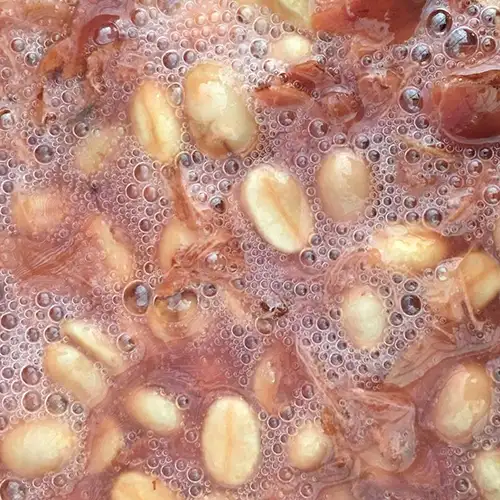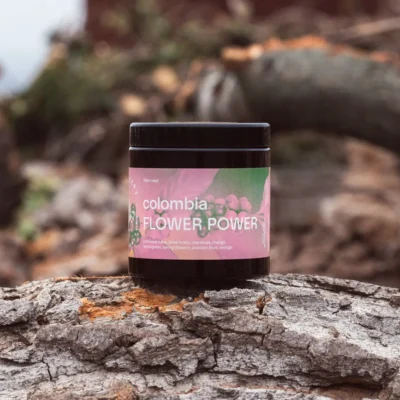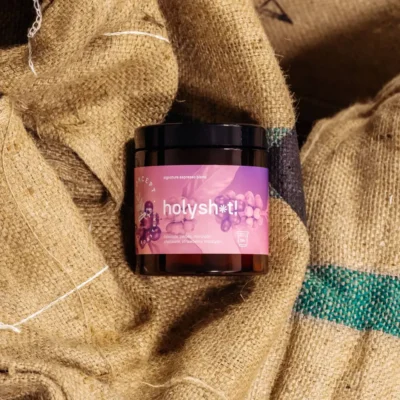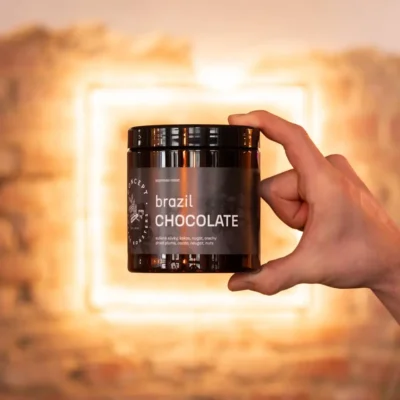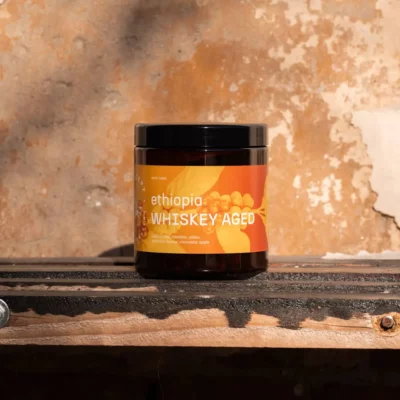Rodrigo Sanchez Valencia
Rodrigo Sanchez Valencia is a third-generation coffee farmer at Finca Monteblanco. His grandfather began cultivating coffee here several decades ago and today, Rodrigo works to preserve the natural diversity and productivity of the farm. Finca Monteblanco is located near Cueva de los Guacharos, one of the 59 protected parks in Colombia. The Suaza river also runs nearby and provides fresh water for cultivation and processing. Rodrigo cultivates Caturra, Geisha, Pink Bourbon and Pacamara varieties on Finca Monteblanco. The high altitude and superb microclimate of Acevedo, Huila creates the ideal conditions for cultivating specialty coffees.
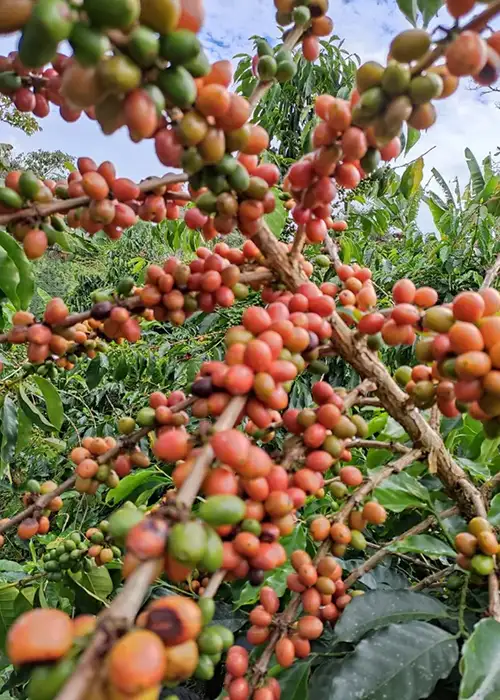
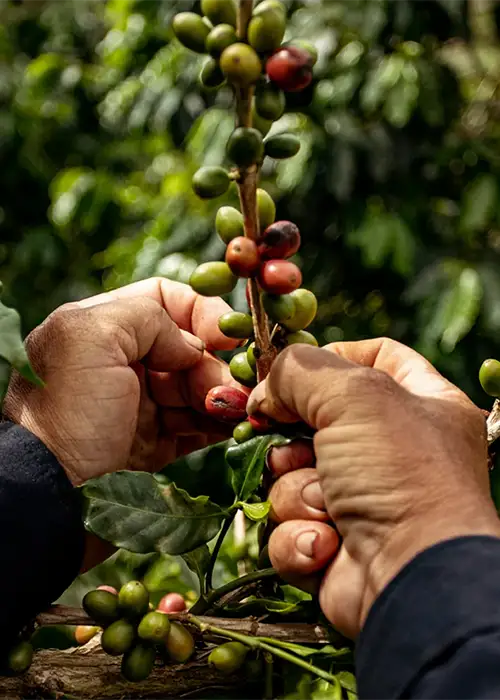
Harvest & Post-Harvest
Cherry is selectively handpicked and delivered to the on-site wet mill. Cherry is floated to remove any under or over-ripe coffee.
Before processing cherry, Rodrigo combines a mixture of lactobacillus, saccharomyses and cerevisiae bacteria for a total of 10 different yeasts to cherry to promote fermentation. Rodrigo also added cholupa, a sour fruit often used to make a form of lemonade, and dried coconut to this mixture to add additional flavor. Finally, he adds a sugar-rich mixture to feed fermentation, such as molasses, panela or granulated sugar. The mixture is sealed and fermented for 8 days. After 8 days, cherry is added to the fruit mixture and fermented for 180 hours (7.5 days). Following fermentation, coffee is washed in clean water and laid in parabolic beds to dry. Cherry is raked frequently to ensure even drying. It takes approximately 25 to 30 days for cherry to dry.
About this coffee
Cupping score: 88.00
Farm: Monteblanco
Producer: Rodrigo Sanchez Valencia
Region: Huila, Colombia
Altitude: 1730 MASL
Variety: caturra
Processing: natural + coferment
Crop: 2024
Variety
The Caturra variety is a naturally occurring dwarf mutation of the Bourbon coffee plant, known for its high yields and bright, citrusy flavor profile, commonly grown in Latin America.
Anaerobic fermentation
Fermentation is a chemical process whereby carbohydrates, such as sugars are broken down into alcohols or acids by microbial activities in the absence of oxygen. While fermentation is, by its nature, an anaerobic process, the term “anaerobic fermentation” refers specifically to fermentation that occurs in a custom-built, oxygen-free environment, such as a sealed container or tank.
